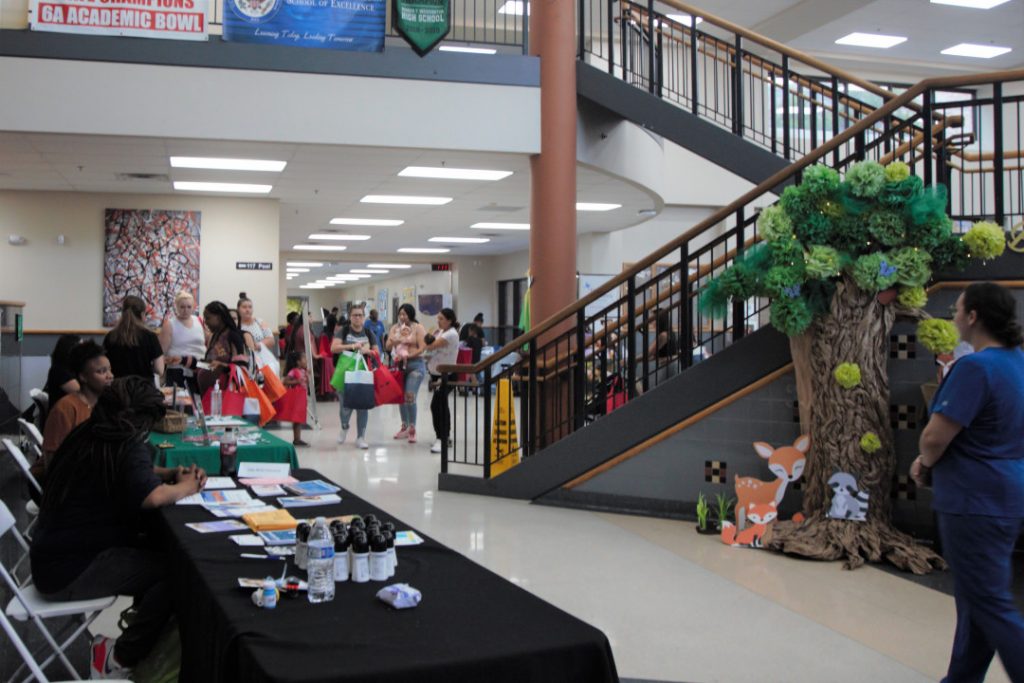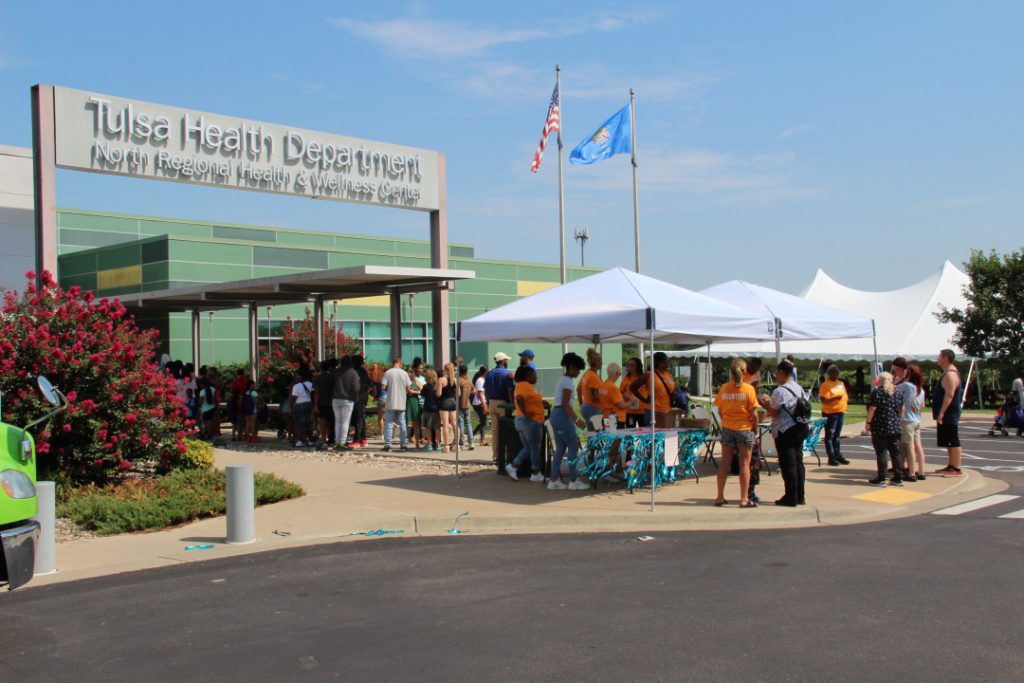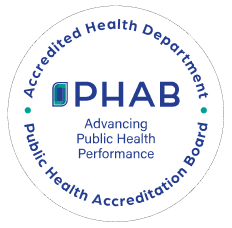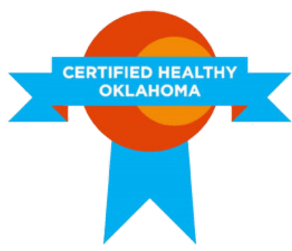Discover how THD enforces safety standards for existing structures, learn about landlord and tenant rights, navigate lead hazards, manage potential meth lab contamination and master effective cleaning techniques for sewage leaks.
THD inspects existing structures to ensure and enforce certain minimum building standards that must be in place if the structure is occupied or used. These standards, set forth in Title 55 (Property Maintenance Code), include requirements pertaining to sanitation, maintenance, electrical, mechanical and plumbing systems and more.
THD also responds to complaints pertaining to landlord and tenant rights and responsibilities, as established in the Oklahoma Non-Residential/Residential Landlord and Tenant Acts. If you have a complaint, question or concern about a structure’s safety or compliance—or about your rights as a landlord or tenant, please click here to complete an online complaint form or call 918-595-4200. We’ll conduct an on-site inspection, if necessary, or refer you to the right course of action.
Whether you are an apartment manager, leasing agent, landlord or a renter, it’s important to know your rights and responsibilities. Housing 101 is an annual event to teach residents about the minimum safety standards for housing, including electrical, plumbing, mechanical, safe heating sources, occupancy limitations and more. Legal Aid of Oklahoma presents and answers questions about the Fair Housing Act and Landlord Tenant Act.
THD received a grant from the U.S. Department of Housing and Urban Development (HUD) to reduce lead-based paint hazards in qualifying homes with children under the age of 6 that live in Tulsa County. The inspection identifies lead-based paint, dust and soil hazards in residential properties. The overall goal of the Lead Hazard Control Program is to reduce lead hazards inside the home for the residents of Tulsa County, especially those households with children under the age of 6. THD can potentially remove lead hazards from your home at no cost to you. Learn More
If a house or property is contaminated by a drug lab, contact THD for guidance and information regarding the contaminated property. Only your local health agency can determine if a property has been properly decontaminated. For general questions about drug labs and contaminated properties, please contact us at 918-595-4200 or consult 41 O.S. § 118 (OSCN 2015), Residential Landlord and Tenant Act. To report suspected illegal drug lab activity, contact your local law enforcement agency.
Resources
Raw/untreated sewage is a health hazard due to the presence of disease-causing organisms, such as bacteria, viruses and parasites. Untreated they may cause property damage and present unhealthy living conditions. Any surface contaminated by sewage requires attention to prevent illness.
Resources
We have 10 locations across Tulsa County that offer a variety of services to help you and your family stay healthy.







